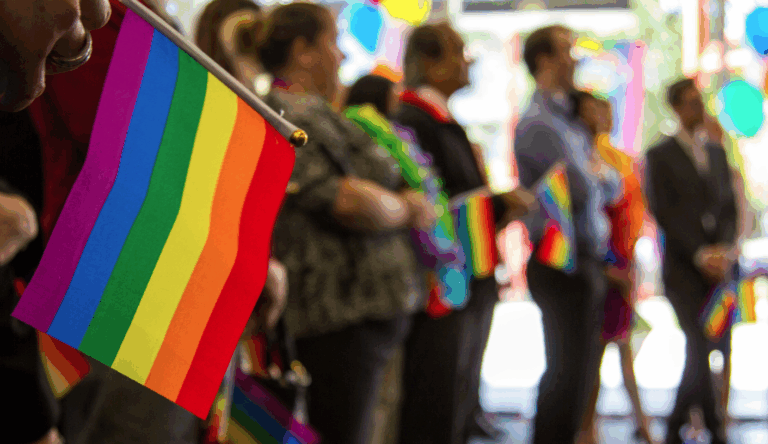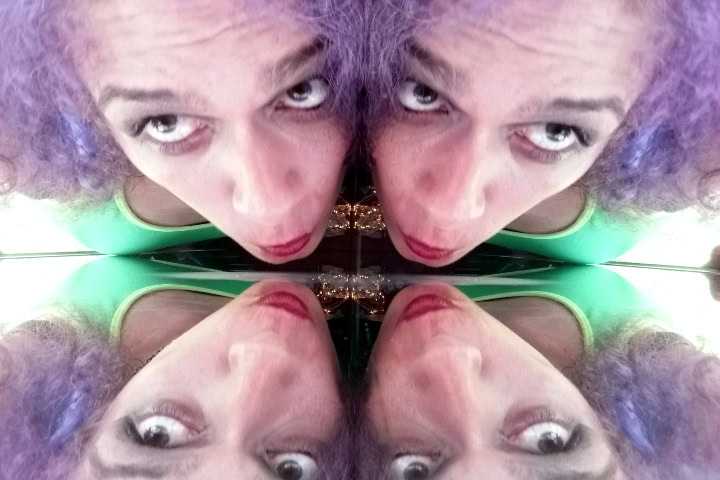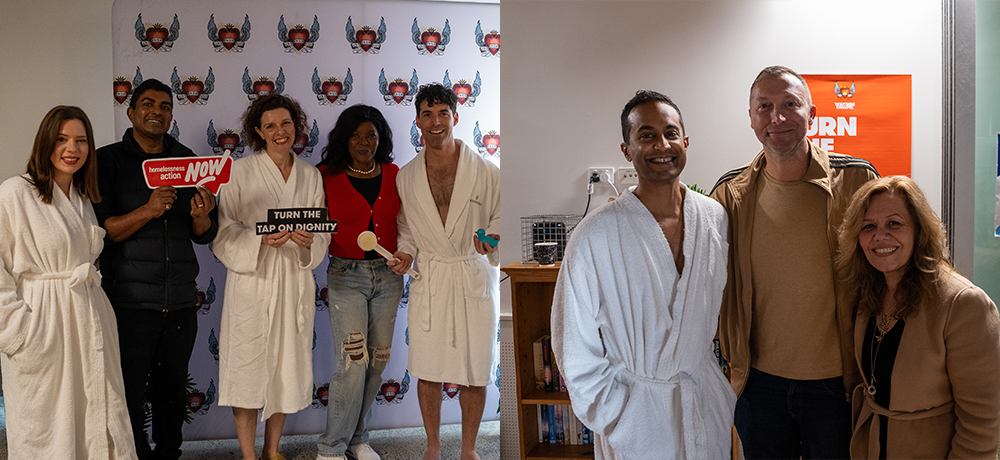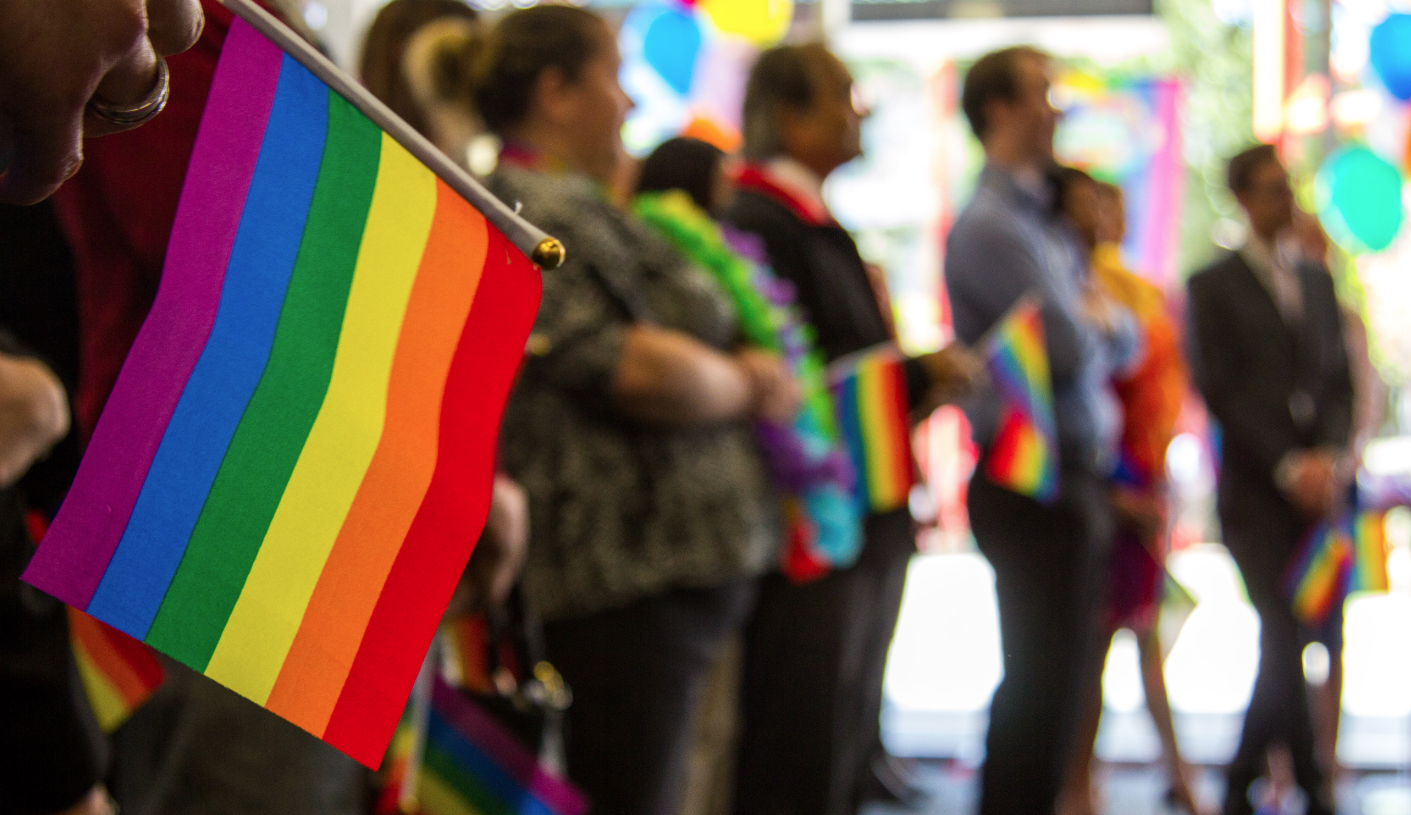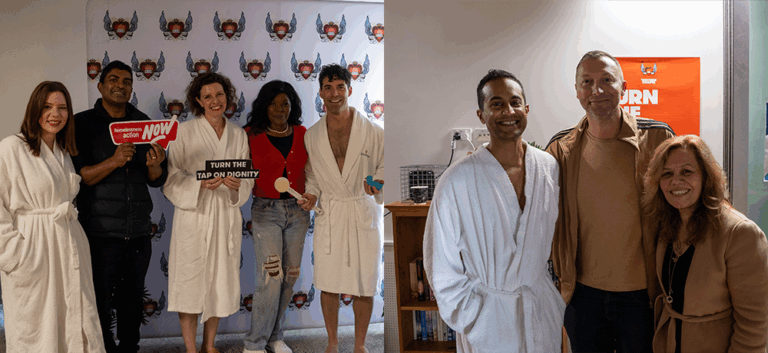
Where To Find Support During Lockdown
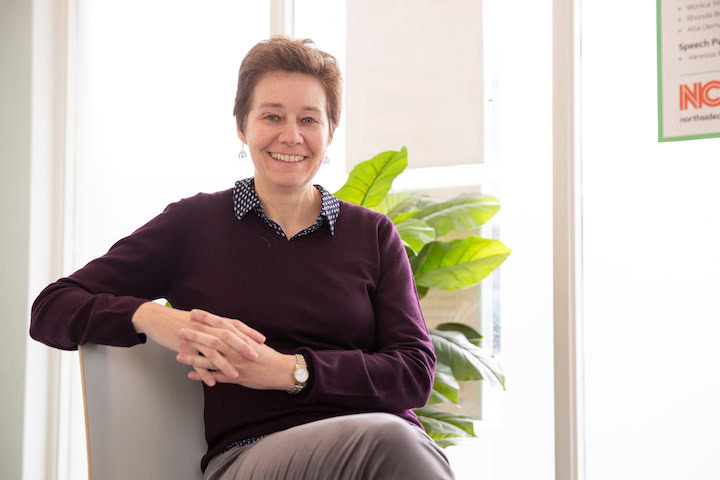
Dr Ruth McNair has practised as a GP for 27 years and is a notable figure in the LGBTQI community. She has a special interest in lesbian and bisexual women’s health and the well-being of the LGBTQI community as a whole.
In 2009, Dr McNair helped establish the Northside Clinic (Melbourne) which has an inclusive policy and has an even mix of LGBTQI and straight clients. She is an Honorary Associate Professor at the University of Melbourne and is frequently called upon to provide expert opinion and conduct research into various issues endemic to the LGBTQI community, in particular, homelessness. She spoke with Star Observer.
While there are no firm statistics yet regarding the effects of COVID-19 on homelessness, Dr McNair says it is likely to get worse.
“Anecdotally we know it’s getting harder for people to find secure accommodation in this climate, so it will increase,” she says.
“Personally I’m seeing more patients in my clinic that have more insecure housing now than they would have before, because they might be in a pattern of moving about, you know, couch surfing in different places, and they can’t do that anymore.”
Young people in particular, who can no longer afford rent are having to move back home, potentially into situations where they have never been fully accepted or haven’t yet come out to their families. Even when LGBTQI people do have permanent or temporary accommodation, they may not necessarily feel secure because they may have been forced into isolation with hostile housemates or partners.
Thanks to a campaign in Victoria over the last three years, homelessness services have become more inclusive and queer people generally feel more confident about seeking refuge, though some problems still exist.
VincentCare is one of the largest homelessness service providers in Victoria and is run by the Christian organisation, St Vincent de Paul Society. They recently received a Rainbow Tick, which is a national accreditation given to institutions who have been deemed LGBTQI inclusive and safe. The accreditation is awarded by Rainbow Health Victoria and requires an involved and lengthy process.
With the limited number of LGBTQI specific services becoming overwhelmed, Dr McNair encourages the LGBTQI homeless to try VincentCare and similar organisations.
“We need to inform our community to give [these services] a go, because they have been trying to step up and understand our community and train their staff better. And it’s much safer to be in a homeless service than on the streets,” she explains.
The COVID-19 crisis has created challenges for many other members of the community whose LGBTQI identity complicates issues for them.
“A lot of transgender diverse and LGB people have co-exisiting mental health issues related to experiences of trauma, and that’s sort of compounding the stress out there and the issues of trying to maintain a good connection with a health provider they trust,” explains Dr McNair.
Many trans people have reported that their discomfort and distrust of mainstream health services would cause them to be very distressed if they developed COVID symptoms.
“If they go to a hospital will they be treated respectfully and without discrimination?” says Dr McNair, articulating their concern.
It’s a fear that is everpresent but is now multiplied by current circumstances. While it’s true that transgender and intersex people can and have experienced horrendous discrimination, including voyeurism, misgendering, and abuse from other patients, Dr McNair says most health services take anti-discrimination seriously.
She has been involved with the LGBTI Advisory Committee who have been speaking to hospitals around the state, and most of them express a desire to improve LGBTQI awareness and support.
“Peninsula Health […] got a Rainbow Tick about two years ago, and they sort of led the way in Victoria,” she says.
“[They] presented at the big hospital’s forum we had a couple of years ago about the process they went through and encouraged other hospitals to do the same.”
Incidents of discrimination still do occur and they are compounded by the fact that many LGBTQI don’t know their legal rights or how to access them. Organisations such as Equality Australia, Human Rights Commission and Thorne Harbour Health (in Victoria), have legal services or can provide advice on what to do.
Northside Clinic is part of a community roundtable which includes health service providers, educational institutions, advocacy groups and other LGBTQI stakeholders. They have regular online conferences to discuss and coordinate messaging, support and activities with regard to the pandemic.
“I think that’s just been one of the strengths of our community – that because we’ve always been a little on the edge we’ve always been good at working together,” says Dr McNair.
The group has compiled an Australian LGBTQI COVID-19 Directory on a searchable database. It lists organisations around the country that can provide support, information, entertainment and other services. It’s still in beta mode but once completed and shared it will be interactive, allowing organisations and individuals to add data.
There are many people in the LGBTQI who are eager to donate their time and skills to support organisations or isolated individuals, and there’s a lot they can do.
“Picking up meds for people from pharmacies, reducing social isolation, providing food drops…I mean they can’t be doing much physically but they can at least be providing support through phone or Zoom or whatever…” says Dr McNair.
However, while volunteers are always appreciated they do need to be vetted, trained and coordinated.
Thorne Harbour Health and Switchboard have staff and systems in place to help manage volunteers. Anyone interested in lending support should contact either of these or any specific institution directly before engaging in any activity.
Below are some organisations you can contact if you require more information or help.
northsideclinic.net.au
thorneharbour.org
www.humanrightscommission.vic.gov.au
www.switchboard.org.au
